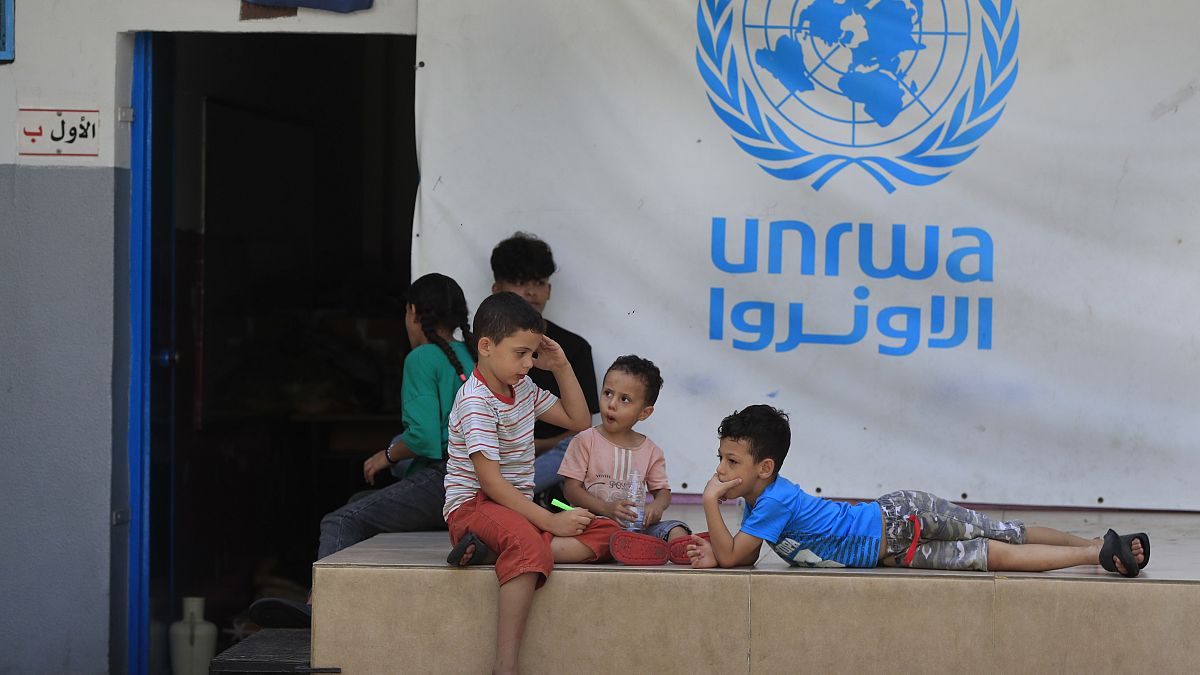The United Nations Relief and Works Agency (UNRWA), established in 1949, has been at the forefront of providing humanitarian aid to Palestinians in occupied territories and offering services to Palestinian refugees across various countries. The European Union has recently raised alarm over a proposed bill in Israel that seeks to outlaw UNRWA from operating within the country. The EU Foreign Policy chief expressed grave concern over the potential disastrous consequences for the people of Gaza if this bill is passed by the Knesset. The EU emphasized the crucial role of UNRWA in providing essential services to millions of people in Gaza, the West Bank, and other regions, highlighting its importance in maintaining regional stability.
The Israeli parliamentary committee’s approval of the bill to ban UNRWA from operating in Israeli territory and sever official contacts with the agency has sparked controversy. Israel has long been critical of UNRWA’s work, accusing the organization of having ties to terrorist groups. In the wake of these allegations, the US State Department revealed that Israeli claims against UNRWA employees led to a suspension of funding from several international donors. Countries such as Austria, Lithuania, Finland, France, Germany, Italy, the Netherlands, and the UK temporarily halted financial support to UNRWA, while Ireland and Norway continued their payments in support of the agency’s essential role in providing life-saving aid to the population of Gaza.
Despite the challenges and allegations faced by UNRWA, the organization remains committed to its mandate of delivering humanitarian aid to Palestinians in need. The UN launched an investigation into the Israeli accusations against UNRWA staff and subsequently dismissed nine individuals. Following this development, most donors reinstated their funding to the agency, recognizing the vital role that UNRWA plays in ensuring that essential services reach vulnerable populations in Gaza, the West Bank, and beyond. The EU’s statement urging Israel to allow UNRWA to continue its crucial work underscores the international community’s support for the UN agency and the importance of upholding the multilateral and rules-based global governance system.
As tensions surrounding the potential ban on UNRWA in Israel persist, the future of humanitarian aid delivery to Palestinians remains uncertain. The EU’s warning of disastrous consequences if UNRWA is prevented from operating in Israel reflects the significant impact that such a decision could have on the lives of millions of people in Gaza and other regions. The ongoing support from key donors, such as Ireland and Norway, serves as a beacon of hope for the continuation of essential services provided by UNRWA to Palestinian refugees. It is imperative for all stakeholders to prioritize the well-being of vulnerable populations and ensure that humanitarian aid reaches those in need, regardless of political disputes or allegations made against humanitarian organizations like UNRWA.
In conclusion, the controversy surrounding the proposed ban on UNRWA in Israel underscores the complex challenges facing humanitarian aid delivery in conflict zones. The international community’s response to the situation, including the EU’s strong stance in support of UNRWA, highlights the importance of upholding humanitarian principles and ensuring that essential services reach those most in need. As UNRWA continues its critical work in providing assistance to Palestinian refugees, it is essential for all parties involved to prioritize the well-being of vulnerable populations and work towards ensuring that humanitarian aid reaches those who depend on it for their survival. By supporting organizations like UNRWA, the global community can contribute to promoting stability, peace, and justice in regions affected by conflict and displacement.











